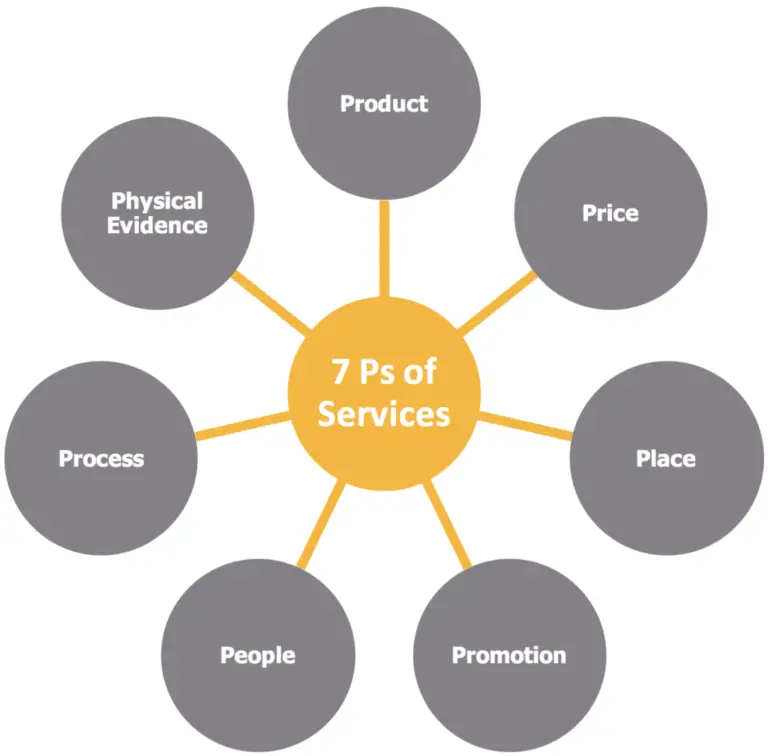Hedonic and Utilitarian Value Examples | Utilitarian Products | Hedonic Products
What is Product Value Proposition
Value can be defined as what every consumer ultimately pursues in an effort to meet their needs and wants. Value is nothing but just the benefits divided by its cost, which basically means that if you get more benefit than what you’ve given up in terms of cost, then that particular item has value.
A value proposition on the other hand refers to the value an organization pledges to deliver/provide to a consumer should they choose to purchase the product or service. A value proposition can be presented as a marketing or business statement that a business uses to summarize why a consumer should buy a product or use a service.
Whenever we’re thinking about value, what you give up versus what you get in return, and if you get more return than what you’ve given up, then you have got value.
Different types of values, basically there are two types of values;
- Utilitarian Value.
- Hedonic Value.
Utilitarian Value (Functional Value) and Hedonic Value
What is Utilitarian value?
Utilitarian value it can be called functional value and is associated with the functional benefits that a customer gets from a product. When a consumer buys something that gives them utilitarian value, it basically means that that particular product they are buying is giving them some functional benefits.
Hedonic value definition
Hedonic Value can be defined as the immediate psychological gratification that comes from experiencing some activity or from consumption of a product. The value received is derived entirely from the emotions and actual experience associated with consumption and not because of some functional value.
Hedonic and Utilitarian Value Examples
Hedonic and Utilitarian Value from Ice Cream
Why do we eat ice cream? Why do we eat food? Because it provides nutrition. Maybe we eat ice cream not only because it provides us with the functional benefit of energy and its sweetness, but also ice cream because many times it makes you feel good and that is the value that is called Hedonic value. (
Hedonic value is not a functional benefit. How it makes me feel is not what the ice cream is designed to accomplish. It’s an outcome that you get for yourself.

You eat a lot of ice cream because it makes you feel good, and You can think of it as being in your head; hedonic value is all in your head.
💥🎁 New Year & Easter Deals On Amazon !
Don't miss out on the best discounts and top-rated products available right now!
🛒 Shop Now and Save Big Today!*As an Amazon Associate, I earn from qualifying purchases.
You can think of it as a psychological value and subjective value because the hedonic value is very subjective. It depends on who you are and what mood you are in, the nostalgia you might have.
Utilitarian and Hedonic Value Products
Many products generally have a utilitarian and hedonic value component, the example of ice cream mentioned above.
Thinks of a car, the functional value or the car’s utilitarian value is to get you from point A to point B. But why did I buy a car? Does buying a new car makes you feel good?
Yes, in most cases, it makes you feel that you have accomplished something, which is a psychological value and hedonic value (hedonic benefits)
Hedonic and Utilitarian Value from Vacation
Similarly, if you go on a vacation, then what is it that you have the vacation? There is a very good experience, unforgettable memories? All those things are hedonic value because there is no functional benefit apart from maybe if I get some health benefits, then there is no functional benefit of that kind of expenses that people make.
Whenever customers think about a purchase, they think about it in terms of why they are buying it. If they were buying it for a certain function, then that’s utilitarian value. But if they’re buying it for some experiences or some psychological benefit, then, in that case, it is hedonic value.
Hedonic and Utilitarian Value from Casio Watches Vs. Rolex Watches
A Casio watches that costs about $5 gives you the perfect time, a utilitarian value. But why do people spend $100 thousand and thousands of dollars on very expensive Rolex watches?
Given that the quality is better are some functional value you are getting but many times, what you are paying for is a hedonic value because it makes you feel better, it makes them feel successful.
Whenever you’re making a purchase, just keep in mind. Think about whether I am buying this for utilitarian purposes or buying it for a hedonic purpose?
And generally, what happens is utilitarianism is very, very objective because it accomplishes something people will not pay more for a solely utilitarian product, so you cannot price your product differently or more expensive than your competitors.
💥🎁 New Year & Easter Deals On Amazon !
Don't miss out on the best discounts and top-rated products available right now!
🛒 Shop Now and Save Big Today!*As an Amazon Associate, I earn from qualifying purchases.
But hedonic purchases are very, very subjective, and you can price head only products more, and generally, luxury products are the ones that provide more hedonic value.
Conclusion of Utilitarian Value and Hedonic Value
Next time when you are out there shopping, think about where why you are spending money. Are you spending money for the functional benefit benefits, or are you spending money because of some hedonic benefit that you are getting?



